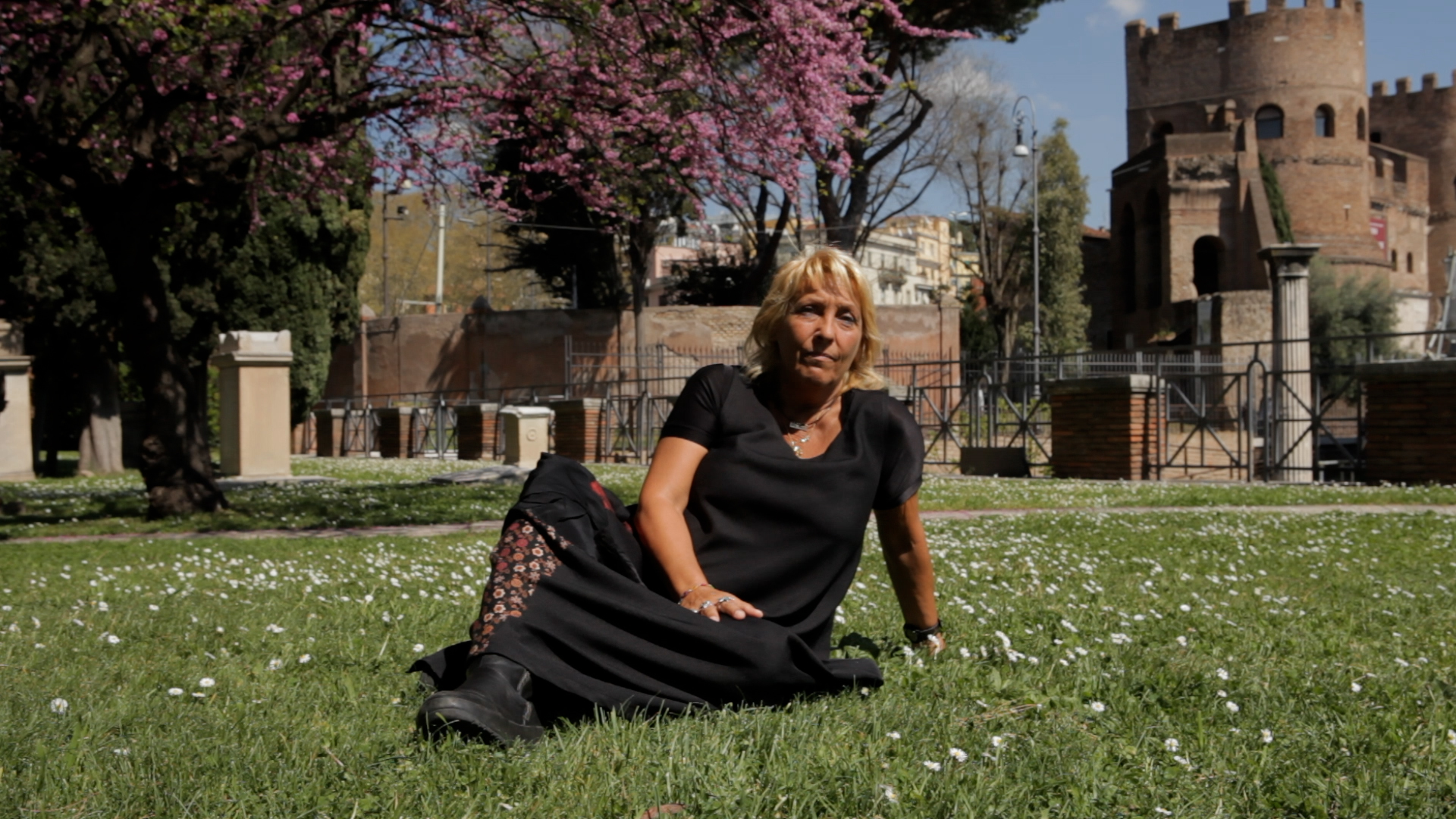Geraldina Colotti: "Ho scelto di non avere figli per fare la rivoluzione"

Maternità e carcere start 00:03:26end 00:06:56 Geraldina Colotti riflette sulle condizioni della maternità in carcere e sulla precarietà in termini materiali vissuta a partire dalla giovinezza: l'assunzione di responsabilità l'ha portata a scegliere di non avere figli e, non senza rimpianto, a imporre questa scelta anche al compagno.trascrizione GERALDINA COLOTTI: "Ho un rimpianto, sì, di aver comunque, in qualche modo di aver imposto anche a mio marito, che condivide le mie scelte di vita da trent'anni, politiche - è un compagno come me -, che avrebbe, invece, voluto fortemente avere un figlio. E qui, però, c'entra molto la mia condizione anche materiale concreta. Io sono figlia di poverissime persone che ha potuto studiare solo grazie a quello straordinario periodo di lotta e di trasformazione sociale che sono stati gli anni, fine anni '60-70 e quindi tutta la mia vita non poteva prescindere del fatto che io non ho mai avuto mezzi, non ne ho tutt'oggi e quindi anche questo avrebbe significato per la bambina, o il bambino, essere ostaggio di una serie di condizioni, che quando poi si ha a che fare con la galera si complicano ulteriormente perché non puoi tenere il figlio oltre i tre anni d'età. Questi primi tre anni sono determinati da sbarre rumori suoni relazioni completamente artefatte e violente, in ogni modo. E poi deve essere dato a qualcuno, lo puoi vedere solo una volta alla settimana, viene perquisito e anche quando alcune delle compagne di lotta delle brigate rosse hanno scelto, quando il sistema repressivo si è leggermente ammorbidito dopo tantissimi anni, hanno scelto di avere un figlio perché lo desideravano molto, ancora una volta (e mio marito lo avrebbe voluto tantissimo) di fronte a questa scelta mi sono figurata cosa avrebbe significato per me essere ricattata ogni sera, vedere il bambino perquisito, dover magari sottostare a degli imperativi che avrebbero leso la mia possibilità di scelta e di libertà perché c'era un altro essere umano che dipendeva da me. Ecco il compromesso, questo risultava inaccettabile, mi sembrava anche molto brutto l'uso, - questo naturalmente è personale, perché ogni donna poi può vivere in altro modo, lungi da me l'idea di dare lezioni o di dire che la mia sia stata la scelta migliore o più consapevole -, però insomma mi sarebbe sembrato strumentale utilizzare il fatto che ci fossero leggi un po' più accomodanti, frutto anche queste di un lungo percorso, che consentivano a madri col bambino di non tornare in carcere fino a un certo periodo di anni. In questa situazione per me non sarebbe stata una scelta libera in ogni caso e, ripeto, tengo enormemente alla libertà e anche all'assunzione del prezzo che questa libertà implica. Sono ancora del parere che l'autogoverno sia la forma migliore di venir fuori dalla prospettiva di barbarie che ci si offre nel mondo e che sviluppare un tipo di relazione basata sulla scelta, sulla libertà, quanto più possibile, dal condominio, principalmente allo Stato sia un modo di dire che la politica nel senso di "poter fare" ha ancora molto da dire nel mondo."
English:
GERALDINA COLOTTI: "I regret somehow to have imposed it on my husband who has shared my life and political choices for thirty years, an activist like me, who would have loved to have a child. But this has a lot to do with my real, material condition.
I am the daughter of very poor parents, and I could study only thanks to that extraordinary period of struggle and social change in the late 1960s, 1970s. And my whole life could never neglect the fact that I never had any means and still don't, today. Therefore, this would have meant for the child being held to ransom by a number of conditions that get much more complicated when prison is involved.
You can't keep your child with you over the age of three. These first three years behind bars are marked by noises, sounds, totally forced and violent relationships.
After, they must be handed over to someone, you are allowed to see them only once a week, they get strip-searched.
Some of my companions of the Red Brigades, when the repressive system got a little softer after many years, chose to have a child because they truly desired it, and my husband really wanted a child.
But when I had the choice, I figured out what that would have meant for me being blackmailed every night, seeing my child strip-searched, perhaps having to accept conditions that would have affected my choice and freedom, because another human being depended on me. I found this compromise unacceptable.
And I personally felt that the use of this was bad, although every woman clearly can experience this differently.
I don't intend to teach any lesson, or say that mine was the best more conscious choice.
However, I felt that it was kind of instrumental to take advantage of the fact that there were slightly softer laws, thanks also to a very long struggle, that allowed mothers not to be behind bars for a number of years. In this situation, for me, it was not a free choice anyway.
As I said, I care deeply about freedom, and I am fully aware of the price that this freedom entails. I still strongly believe that self-determination is the best way to free yourself from this barbarism so widespread in this world.
Developing relationships based on choice and freedom, as much as possible away from what is imposed by the State, means that politics, in the sense of action, has still a lot to say and give."soggetto carcere responsabilità maternità famiglia d'origine compagno rimpianto
